A court order of nondisclosure prohibits public entities from disclosing certain records. Public entities include police departments and courts. People with criminal records may benefit from an order in the Golden Triangle area and Houston, Texas. The law doesn’t entitle every person to a nondisclosure order.
Understanding an order of nondisclosure
A court order of nondisclosure frees a person from disclosing their criminal history during a job interview. People don’t need to explain information related to the subject of the nondisclosure order. An order of nondisclosure applies to certain criminal offenses and the whole criminal history of an individual. A person can get multiple nondisclosure orders for different offenses. The rule of nondisclosure orders is for public entities to keep specific criminal information quiet. Some state agencies are still entitled to information protected by nondisclosure.
Who’s eligible for a nondiclosure order?
Not all people with criminal records can petition for a court order of nondisclosure. There are certain requirements a person needs for eligibility. First, a court needs to place the person on deferred adjudication for the offense. Nondisclosure isn’t permitted for felonies. Nondisclosures cover most misdemeanor convictions. Second, a person can file a petition after completing deferred adjudication. Third, the nondisclosure needs to work for the offense in question.
Fourth, there can’t be any disqualifying criminal history. Fifth, there are waiting periods for different offenses. Felonies must wait until their fifth anniversary. Serious misdemeanors must wait until their second anniversary, but other misdemeanors have no waiting periods. Sixth, the person can’t have been on deferred adjudication for criminal offenses during the special period.
How to obtain an order of nondisclosure?
To get a court order of nondisclosure, people should file a petition to the proper court. The petition goes to the clerk of the court that handles the offense. A filing fee is about $280, but payment varies between counties. A judge will issue an order of nondisclosure if it’s in the best interest of justice. A petition doesn’t need notarization but should have the correct information.
After filing the petition, the clerk will notify the filer. The state may request a hearing about the petition. The judge may request a hearing if the state doesn’t. A judge won’t request a hearing as long as the nondisclosure is in the best interest of justice and the person meets the requirements.

